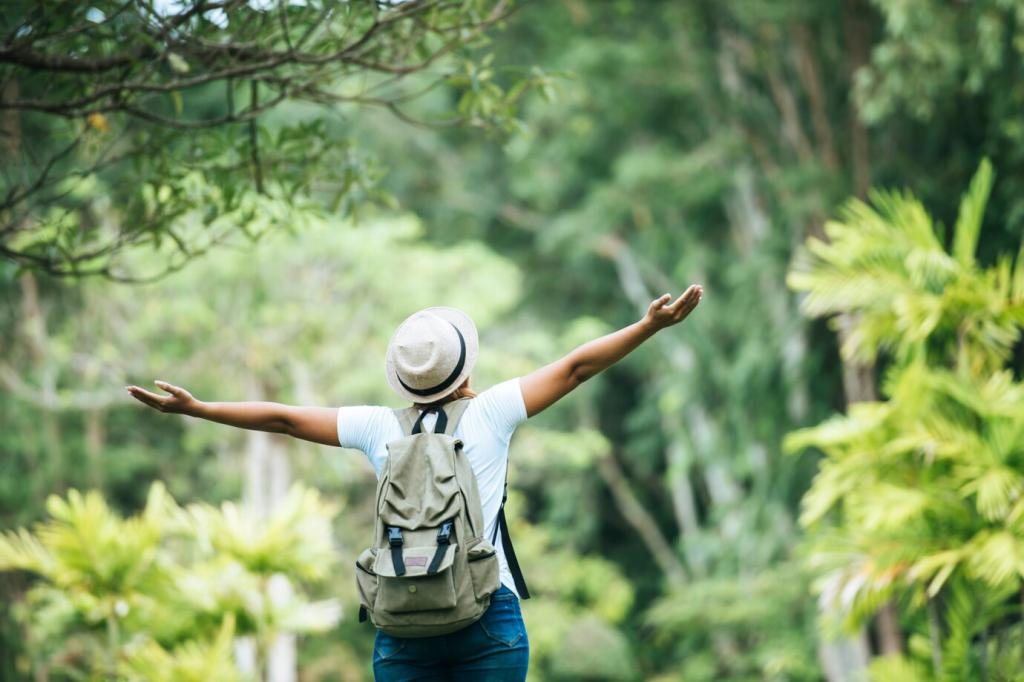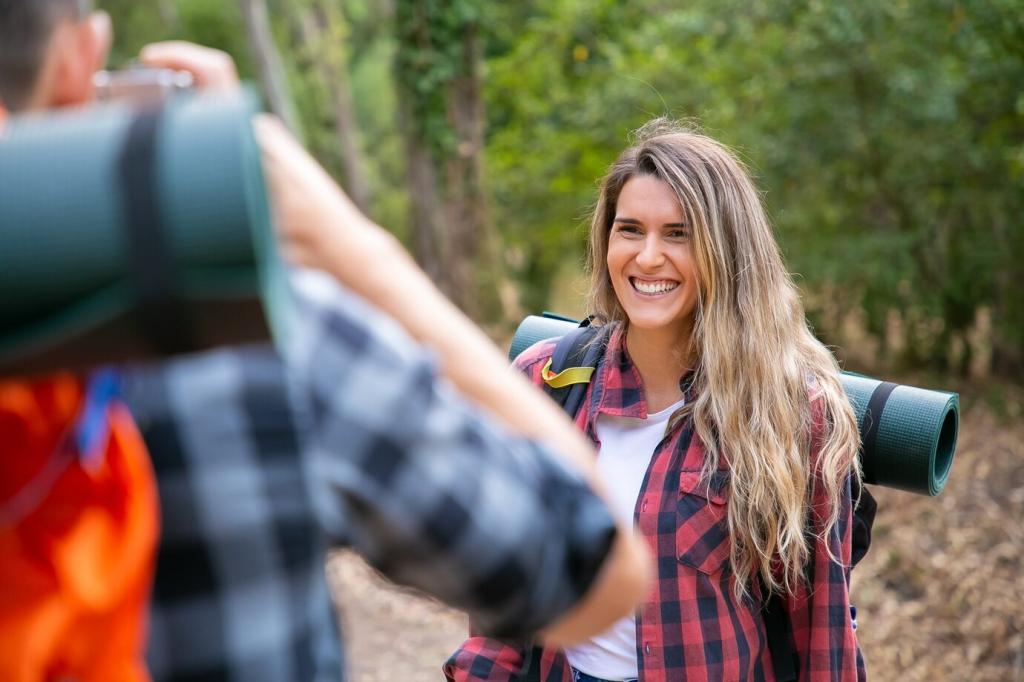What Community-Based Tourism Really Means
Community-based tourism (CBT) empowers residents to design, own, and manage tourism experiences. Visitors step into a host community’s rhythm, while transparent revenue-sharing strengthens local enterprises, skills, and stewardship. Comment with examples you’ve encountered and what made them feel authentic.
What Community-Based Tourism Really Means
Participation, equitable benefit distribution, cultural integrity, and environmental care form the backbone of successful CBT initiatives. These principles are negotiated in community meetings, refined with practice, and measured with feedback. Share your thoughts and subscribe for deeper principle-by-principle breakdowns.


